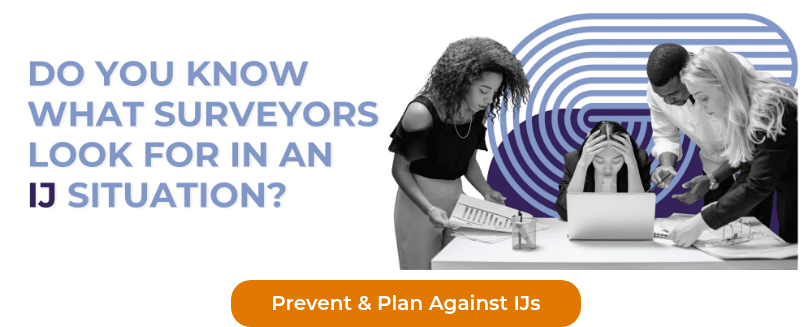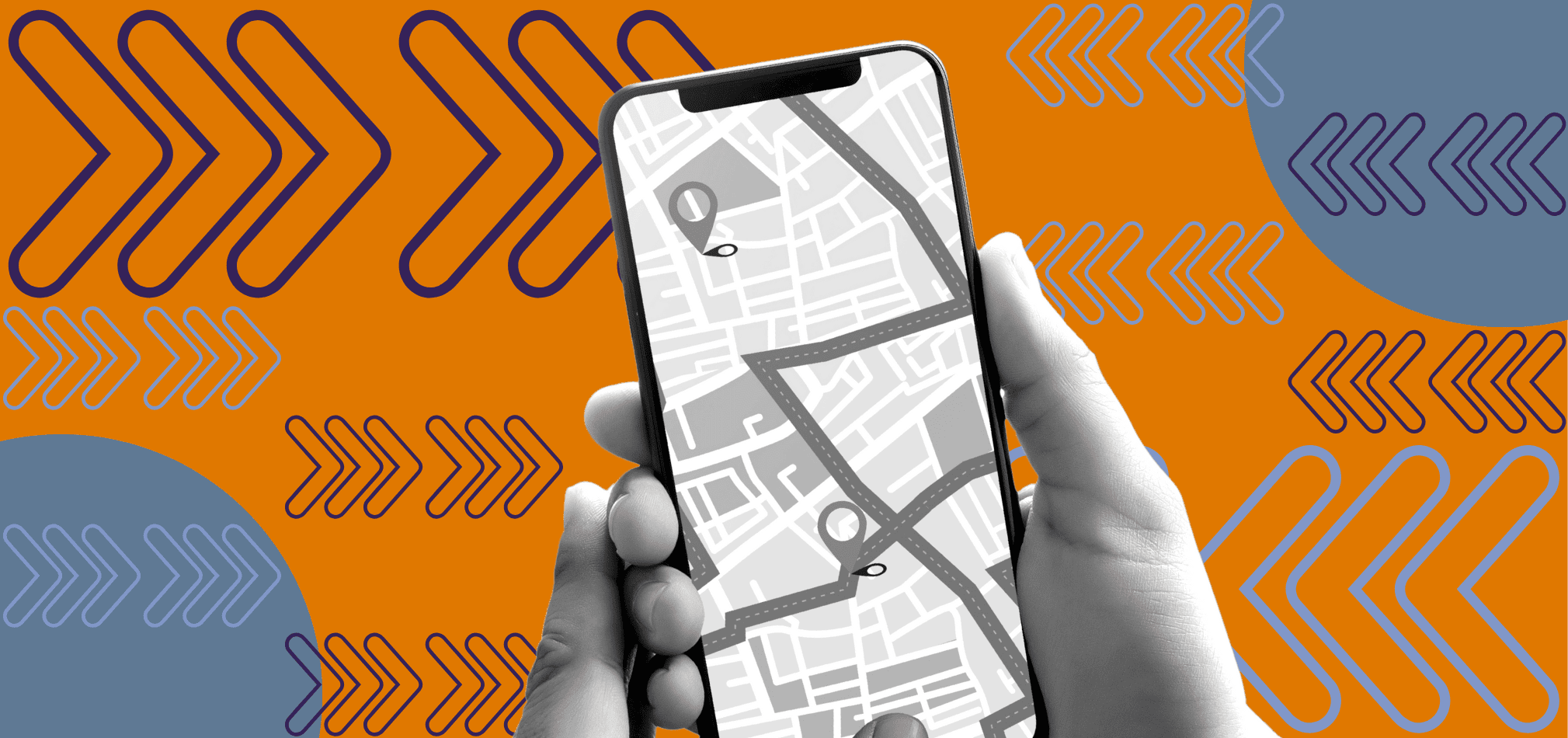
As an owner or administrator, a million questions would start running through your head. “How did this happen? How long has this been going on? Why did no one tell me about it? What happens to my business now?”
QAPI ensures your ability to prevent this exact scenario before it happens, simply by being aware of any issues in your agency. If you're constantly looking for ways to improve your agency versus just being reactive in the day-to-day, you will have a different outcome.
First, your business’s longevity will improve. Without a solid QAPI system in place, your agency could face unexpected compliance issues. For example, if a patient files a complaint with the health department, surveyors may uncover problems your staff wasn’t even aware of. These issues can escalate quickly, potentially leading to fines or even a shutdown. QAPI helps you catch and resolve these problems early before they become larger threats to your business.
Secondly, patients love feeling seen and heard when it comes to their care. QAPI doesn’t only improve your compliance, it also improves your relationship with your patients. Overall, your patients will be happier because they’ll receive better care, which means better outcomes. Happier patients lead to more referral sources. In addition, satisfied patients are more likely to bring any concerns directly to your staff, giving you the chance to fix issues internally—before they escalate to external complaints.
How to Implement QAPI Successfully in Your Home Health or Hospice Agency

So now you may be thinking, “Okay I see the importance of QAPI, but how do I actually implement it successfully at my agency?” Here are a few tips and tricks for how to get your Home Health or Hospice Care Agency QAPI ready.
- JUST DO IT: When implementing QAPI, just do it. In terms of the results of a survey, just doing QAPI, even if you're not doing it right, usually gives you enough points to pass.
- KNOW WHEN TO MOVE ON: It’s important not to get hung up on a singular issue when there are other important processes to address. If you’re close enough to a goal, it’s better to move on to the next issue than to keep trying to bridge the gap of a percentage or two.
For example, if an agency is focused on oral medication management during the first quarter and is 90% of the way to achieving that goal, it’s better to shift focus to a secondary high-priority issue, like falls, which may only be at 50%. This prevents creating a blind spot in other critical areas.
- KEEP YOUR OWN DATA: Agencies should always keep their own data, so they aren’t left waiting for OBQI (Outcome-Based Quality Improvement) results to come in, often too late. Surveyors want to see a QAPI reflective of OBQI data and other similar formalized data sources.
But, keep in mind that the reporting of those data sources lags by a couple of months. Keep your own data because you're always going to be months behind with OBQI reporting. By the time you get the results from quarter one, you're on quarter three, leaving the effects of your efforts unknown.

Who Can Help with QAPI Implementation? (And Why It Pays Off)
Incorporating a seasoned, well-educated consultant can make all the difference in achieving your patient care goals. At The Home Health Consultant, QAPI is just one aspect of the broader support we offer to home health and hospice care agencies through our Administrative Compliance Program.
Our process begins with a comprehensive assessment of an agency's OBQI data, where we analyze patterns and trends to pinpoint areas needing improvement. We then collaborate with the agency’s liaison—often the owner or administrator—to review the data and determine key topics for focus during the first quarter.
Once the critical issues are identified, we guide your agency, step-by-step, through a tailored action plan. With experience working with over 1,000 businesses, we have a wealth of templates and best practices ready to deploy, based on proven success in other companies.
However, each agency's challenges are addressed with a custom approach. By conducting a symptomatic assessment, we identify the problem and apply treatments that have already been fine-tuned through years of practice. This makes the entire process both time-efficient and effective.
QAPI isn’t just about meeting regulatory requirements; it’s about improving patient outcomes, preventing costly compliance issues, and ensuring long-term business success. THC is here to help you navigate these challenges and put effective QAPI systems in place. Schedule your consultation to get started on the path to a healthier, more compliant agency today.
*This article was written in consultation with Mariam Treystman.
*Disclaimer: The content provided in this article is not intended to be, nor should it be construed as, legal, financial, or professional advice. No consultant-client relationship is established by engaging with this content. You should seek the advice of a qualified attorney, financial advisor, or other professional regarding any legal or business matters. The consultant assumes no liability for any actions taken based on the information provided.
This article was written in consultation with Mariam Treystman
This article was written in consultation with Mariam Treystman
This article was written in consultation with Mariam Treystman
This article was written in consultation with Mariam Treystman
This article was written in consultation with Mariam Treystman
Topics:




























